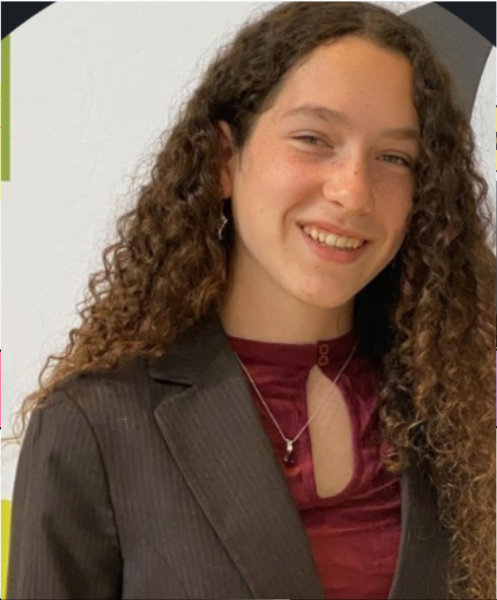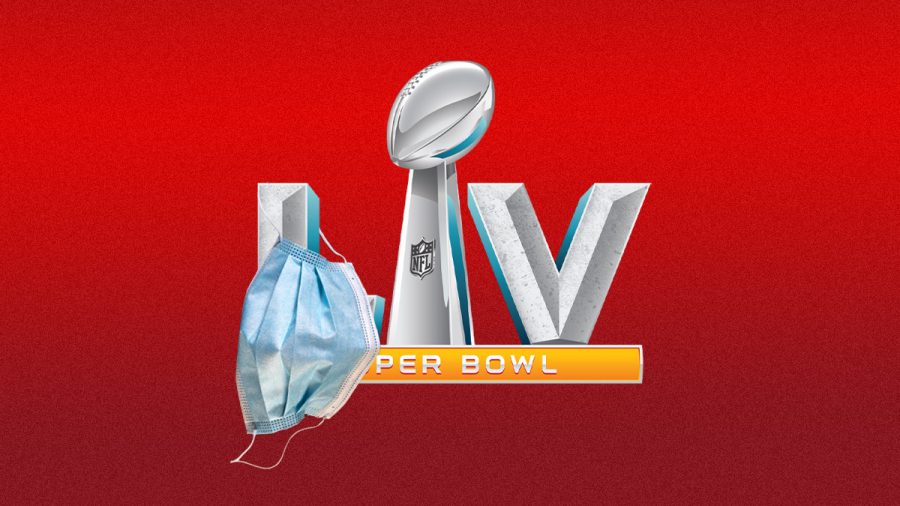Largest Super Bowl Sponsors Pulled Their Commercials To Help Customers
The Super Bowl, the largest sporting event in the country, is known for its all-star half-time show, iconic commercials, and a whole lot of chicken wings. Even people who are uninterested in football watch the game, not only for the company and the halftime show but also for the commercial breaks—the only time people voluntarily watch commercials.
The biggest sponsors for the Super Bowl are usually Coca-Cola, Doritos, Bud Light, Pepsi, Budweiser, T-Mobile, Hyundai, and Tide. This year, however, many of the largest Super Bowl advertisers did not produce a commercial for the show because they did not want to encourage their customers to be close together during the pandemic. These companies are doing the just action by pulling out of their iconic commercials and one of their largest sources of revenue.
The company that runs the commercials for Budweiser and Bud Light, Anheuser Busch, decided that they would donate their commercial budget to vaccination awareness efforts. Later in the year, Budweiser hopes to help bars and restaurants to speed up COVID recovery, so people can unite again.
Coca-Cola, which is known as the company with the most Super Bowl commercials, also pulled out of the show this year. As reported on CBS, a Coca-Cola representative stated, “This difficult choice was made to ensure we are investing in the right resources during these unprecedented times. We’ll be toasting to our fellow brands with an ice-cold Coke from the sidelines.”
On top of pulling their advertisements out of the Super Bowl, Coca-Cola has been having a difficult year with movie theaters and stadiums closing across the globe.
The other popular company that has commercials in the Super Bowl is Coca-Cola’s biggest competitor, Pepsico. Pepsi still held their iconic half-time show featuring The Weekend this year, but they also did not produce any commercials. They advertised some of their other brands such as Frito-Lay products, and Mountain Dew, but they also took a big step to help the safety of their consumers and pulled their commercial out of the Super Bowl.
T-Mobile, which always has ads in the Super Bowl, did not pull out their commercial. Instead, they promoted their company while promoting social distancing. Staying apart and video conferencing, which was what the commercial was about, actually helps T-Mobile because their company relies on the use of electronics.
The only interesting T-Mobile commercial featured the judges from The Voice (Blake Shelton, Gwen Stefani, and Adam Levine), who poked fun at online dating and spotty mobile connection.
Many companies used the absence of these gigantic companies as an opportunity to advertise themselves on one of the largest platforms in the country. Rocket Mortgage, M&M’s, and State Farm all took advantage of the opportunity and created their own commercials featuring Drake, Dan Levy, Awkwafina, Kenan Thompson, and Will Ferrell to name a few.
These commercials, even with these celebrities, were not as entertaining as those from the past. They were funny but did not have the same iconic feel as usual. Overall, it was a show of good faith that these major companies were willing to step back for the safety of their customers. It was also a good opportunity for other companies to advertise in the Super Bowl and dip their toes in the water.

Liron is a senior who is stoked to be working at the Banner again for her fourth year (second year as communications officer)! Outside of writing for the...


